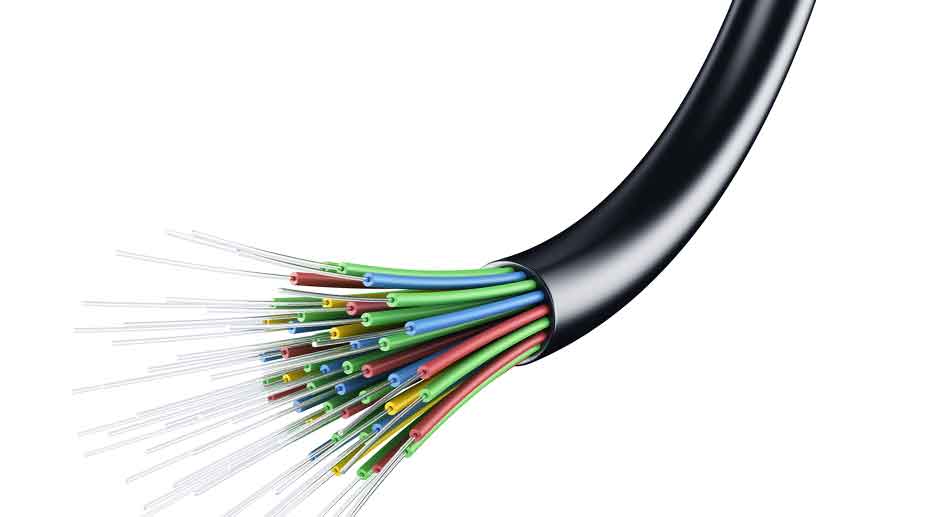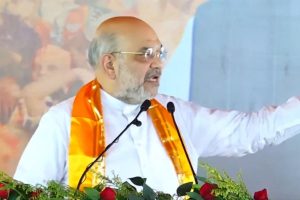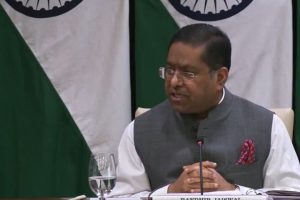The Central government has decided to charge a hefty fee for laying Optical Fiber Cable (OFC)-Telecom cable on the land of national highways. The rates of public and industrial utility services (cable, pipeline, etc.) will be charged separately.
The Ministry of Road Transport and Highways has issued guidelines to this effect on 17 April. A senior ministry official said that the government will charge a license fee of Rs 88 for laying underground cables along national highways.
Local circle rate will be applicable for the use of highway land under industrial utility service. That is, the telecom companies will have to pay a license fee to the department in proportion to the amount of land on the highway.
Apart from this, NHAI will have to make an advance payment of a license fee of Rs 88 lump sum for the next five years. The fee will be increased every year by an increase of 10 per cent whereas for public utility service, the license fee will have to be paid at the local circle rate.
However, in this case, every year the increase in F8 will have to be given only on the basis of 1.5 per cent. This does not include the fee for setting up mobile towers on highway land. There are separate laws governing the installation of mobile towers.
The Ministry of Road Transport and Highways had dreamed of making integrated public utility tunnels along the national highways in India on the lines of developed countries of Australia, Canada, America, and Europe. But three years have passed, the plan could not be materialised.
A senior official said that fiber optical, cable TV, electricity, telephone cables, drinking water, sewer, oil, steam, PNG, drainage, etc. pipe-cable, etc. are laid inside a tunnel. This technique ensures uninterrupted supply to the general public and there is no need to dig up the highway again and again.











